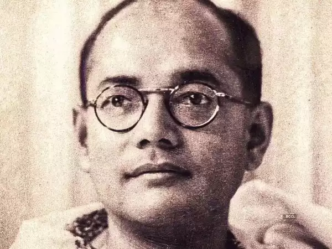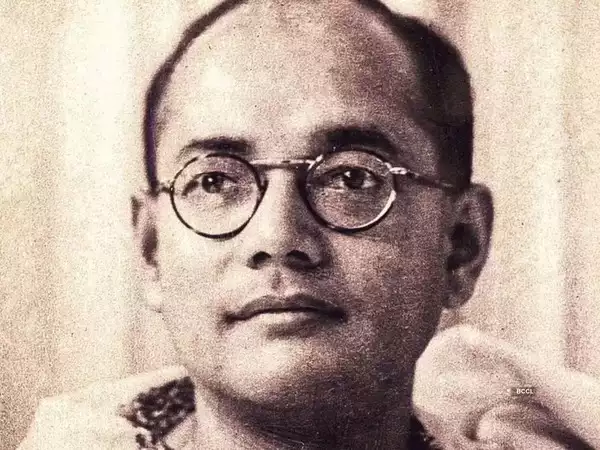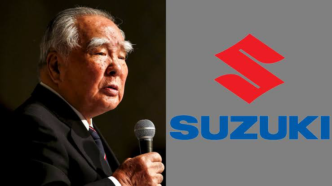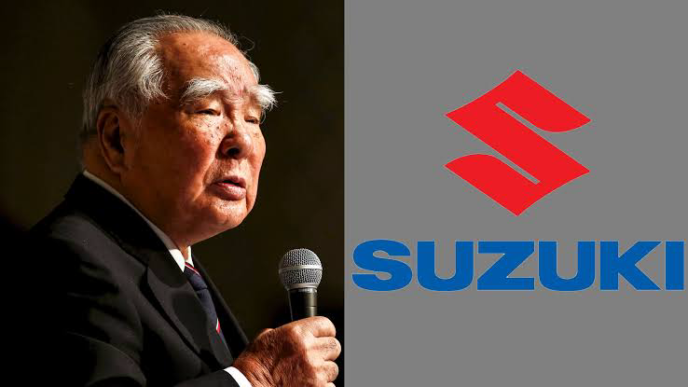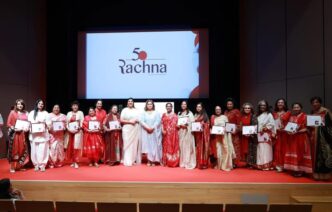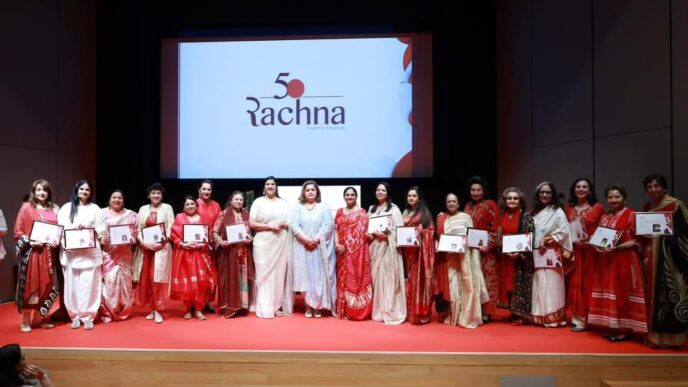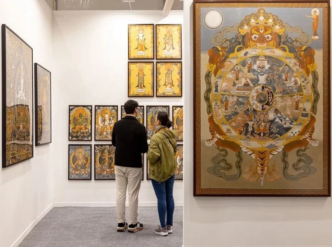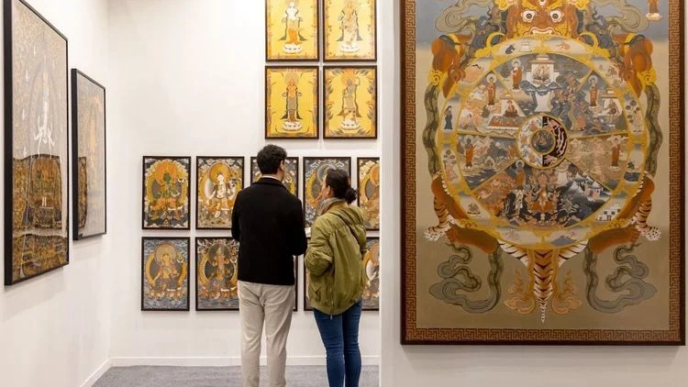Subhash Chandra Bose Jayanti, celebrated every year on January 23, marks the birth anniversary of one of India’s most iconic freedom fighters. Known as ‘Netaji’, Bose’s contributions to India’s independence struggle continue to inspire generations. Born in 1897 in Cuttack, Odisha, Bose’s life journey—from being hailed as a “prince among patriots” by Mahatma Gandhi to his mysterious disappearance—remains an enigma and a subject of national pride.
A Visionary Leader and the INA
Subhash Chandra Bose was a revolutionary leader whose vision for a free India diverged from the nonviolent approach of the Indian National Congress. After resigning as the Congress President in 1939 due to ideological differences, he formed the Forward Bloc to unite all anti-British forces.
In 1943, Bose took charge of the Indian National Army (INA), also known as the Azad Hind Fauj, and declared, “Give me blood, and I will give you freedom.” His leadership revived hope among Indians and posed a significant challenge to British colonial rule. The INA’s march toward India, although ultimately unsuccessful, left a lasting impact on the freedom movement.
Prince Among Patriots
Mahatma Gandhi referred to Bose as the “prince among patriots,” recognizing his relentless dedication to India’s freedom struggle. Despite their differences in ideology, Bose and Gandhi shared a mutual respect for each other’s commitment to the nation.
The Mystery of Netaji’s Death
One of the most debated aspects of Bose’s life is his mysterious death. Official accounts suggest that Bose died in a plane crash in Taiwan on August 18, 1945. However, doubts about the crash and his survival have persisted for decades, fueled by multiple investigations, reports, and conspiracy theories. Many believe Bose lived in secrecy, while others claim he survived and continued to fight for India’s cause behind the scenes.
Legacy and Impact
Subhash Chandra Bose’s legacy is etched into the heart of India’s history. From renaming the Andaman and Nicobar Islands as Shaheed and Swaraj Islands during his tenure as the provisional head of Azad Hind, to his call for unity and inclusivity, Bose’s ideals remain relevant today. His contributions are commemorated through countless institutions, roads, and initiatives bearing his name, including Netaji Subhash Chandra Bose International Airport in Kolkata.
Celebrations in 2025
This year, Subhash Chandra Bose Jayanti 2025, also known as Parakram Diwas (Day of Courage), will be celebrated with events across the country. These include cultural programs, exhibitions showcasing his life and achievements, and discussions on his role in India’s independence.
The Government of India has planned grand celebrations, including a special parade in Kolkata, where Netaji’s INA flag will be displayed, and programs highlighting his vision of unity, courage, and resilience.
Netaji’s Message to the Nation
Bose’s words, “It is blood alone that can pay the price of freedom. Give me blood, and I will give you freedom,” continue to resonate as a call to action for every citizen to contribute to the nation’s progress.
Conclusion
As India celebrates Subhash Chandra Bose Jayanti 2025, it is an opportunity to reflect on the sacrifices and vision of a leader who dreamed of a free and united India.
